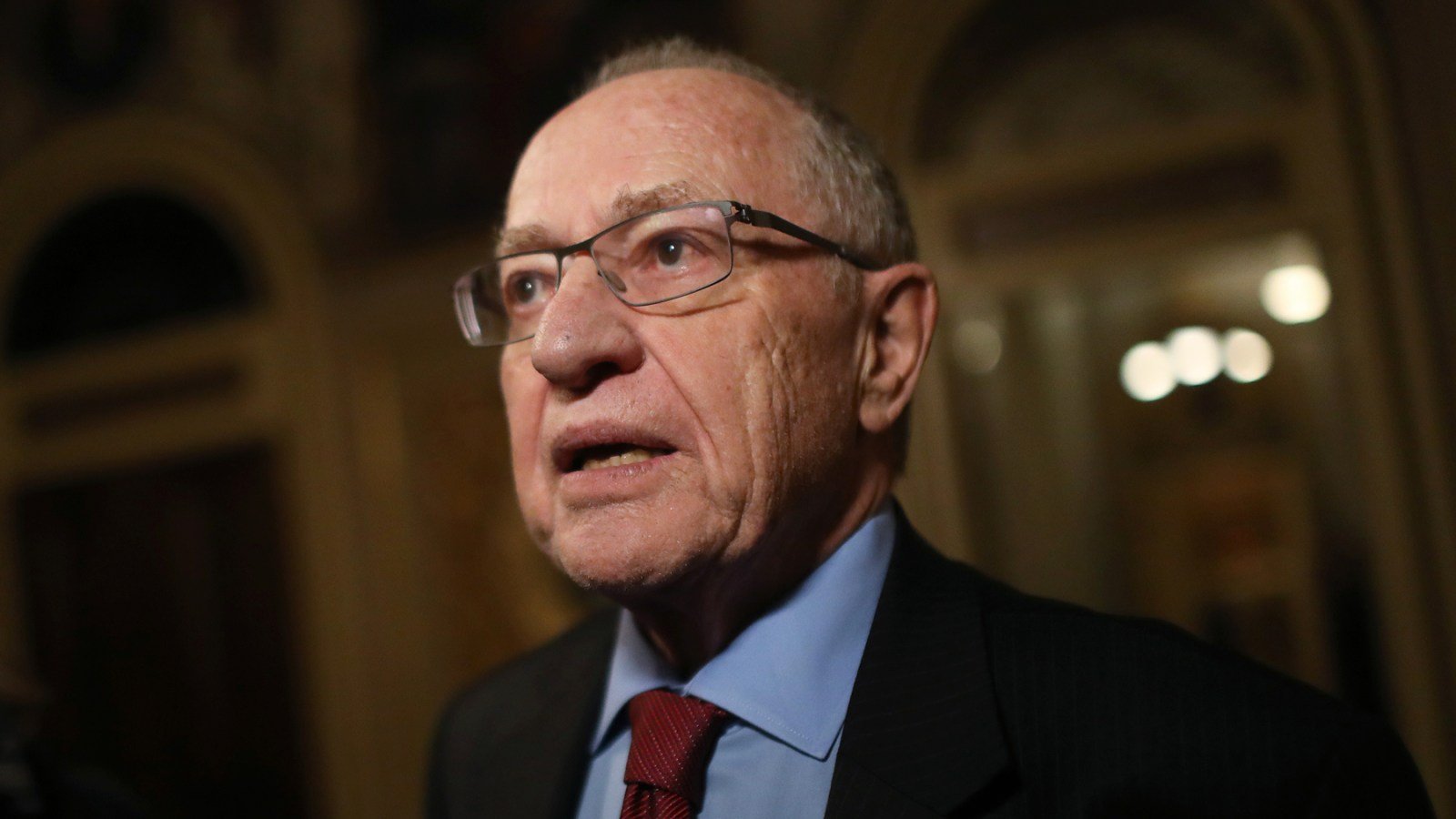Tom Morello, known for political activism as sharp and relentless as his guitar playing, will be among this year’s recipients of the Spirit of John Brown Freedom Award, along with choreographer Tiffany Rea-Fisher and visual artist Karen Davidson Seward, honoring the legacy of the 19th century abolitionist.
The award will be presented May 14 at the John Brown Farm State Historic Site, in the town of North Elba, just outside the village of Lake Placid, in the Adirondack Mountains, some 300 miles north of New York City.
In 1849, Brown brought his family to the then-wilderness region to support fellow abolitionist Gerrit Smith, who had given grants of Adirondack land to freed Black men, which qualified them to vote in New York State.
A decade later, Brown led a raid on federal armory at Harpers Ferry, West Va., intending to spark an insurrection to end slavery. The failed raid, which took place two years before the outbreak of the U.S. Civil War, was a watershed in the fight for racial justice in America. Brown was hung and laid to rest, at his request, on his Adirondack farm.
“The Spirit of John Brown Freedom Award was created by the freedom education and human rights project John Brown Lives! to honor individuals and organizations whose work invokes the passion and commitment of the 19th-century abolitionist who dedicated his life to the cause of liberation and full human equality,” says Martha Swan, executive director of the friends group of the historic site.
Swan says Morello was chosen as an honoree this year as “a troubadour and political activist who deploys his art and energy on behalf of freedom fighters everywhere, from striking nurses and teachers, to domestic workers and Black Lives Matter organizers, to veterans against war — he extends his solidarity to every impulse toward peace and justice.”
Rea-Fisher is the artistic director of EMERGE125, a modern dance company that has performed from Harlem to Lake Placid, whose work “leads with compassion” … “at the service of the voiceless, emerging artists and artists of color, and liberation,” says Swan. “Like the legions of artists, poets, writers, and cultural creatives who came before her, Tiffany has been inspired by the stories ‘in the soil’ to create site specific dance and movement works at the John Brown Farm.”
When Morello and others gather at the farm May 14, they will see a statue of John Brown standing beside a young Black man overlooking the expanse of the Adirondack Mountains — with gravestone replicas surrounding the statue, fashioned by Seward, this year’s third honoree.
“In pared-down epitaphs, she exposes persistent racism as evidenced by ongoing extrajudicial killings of unarmed Black Americans going about their daily lives,” says Swan. “First installed at the John Brown Farm in 2020 with 17 memorials, Karen expanded the field in year two to contain 100 memorials and dedicated it to Ida B. Wells,” the journalist and civil rights activist.
Earlier this year, Swan notes that Seward added “Spiraling Round the Promise,” a sequence of markers focusing attention on the 15th Amendment which states, “The right of citizens of the United States to vote shall not be denied or abridged by the United States or by any State on account of race, color, or previous condition of servitude.”
Seward’s work highlights “the long, unfinished struggle for the right to vote,” says Swan.
Morello’s career — which has included work with Rage Against The Machine, Audioslave, Bruce Springsteen and Prophets of Rage — has led most recently to a trilogy of collaborative albums, including The Atlas Underground Fire and The Atlas Underground Flood, both released last year. The artists performing with Morello on these most recent discs include Springsteen, Eddie Vedder of Pearl Jam, Chris Stapleton, Damian Marley, Kirk Hammett of Metallica, Nathaniel Rateliff and more.
Morello’s uncompromising stance is captured by the slogan on his T-shirts: “Feed the Poor. Fight the Power. Rock the F–k Out.” It is not surprising that Morello accepted The Spirit of John Brown Freedom Award.
“John Brown’s work is still meaningful today because systemic anti-Black racism and violence continue, unabated, in our country,” says Swan. “It’s especially important for White America to understand that Brown was not only anti-slavery. He was an anti-racist ally, friend, and neighbor to Black people who believed that it was his duty, as a White person, to take up the struggle of Black America — to end slavery and secure the same liberties, rights and blessings of citizenship — as his own.”






